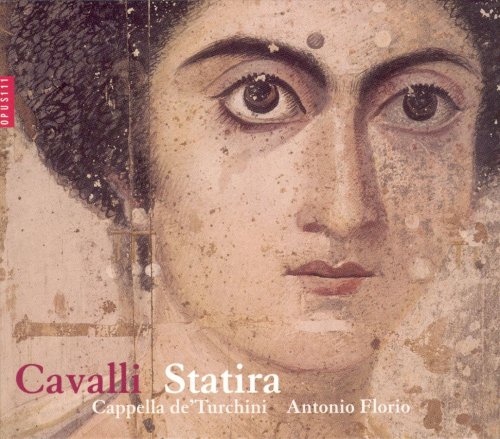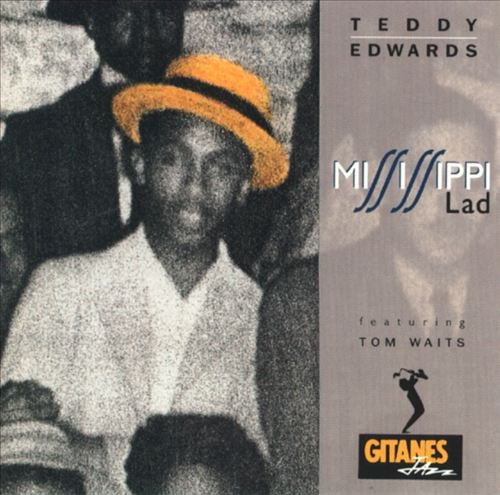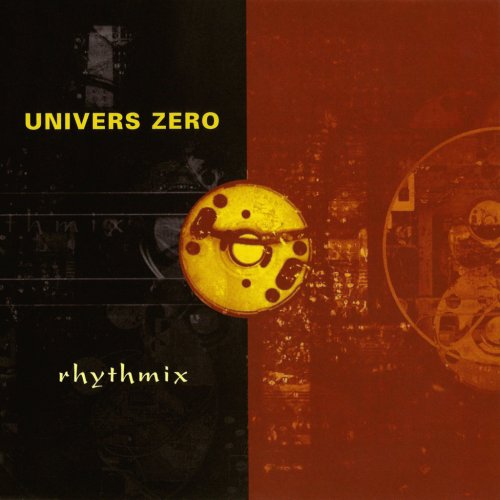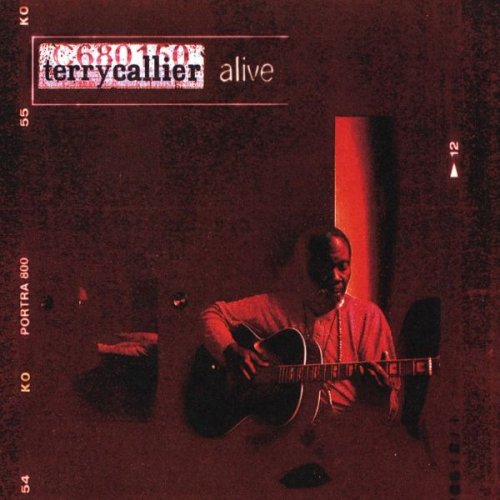Antonio Florio & Capella de' Turchini - Cavalli: Statira, Principessa di Persia (2004)

Artist: Antonio Florio & Capella de' Turchini
Title: Cavalli: Statira, Principessa di Persia
Year Of Release: 2004
Label: Naïve
Genre: Classical
Quality: FLAC (image + .cue, log, artwork)
Total Time: 02:18:10
Total Size: 663 MB
WebSite: Album Preview
Tracklist:Title: Cavalli: Statira, Principessa di Persia
Year Of Release: 2004
Label: Naïve
Genre: Classical
Quality: FLAC (image + .cue, log, artwork)
Total Time: 02:18:10
Total Size: 663 MB
WebSite: Album Preview
CD 1
01. Sinfonia
02. Prologo
Atto I
03. Aria: Notte ascondi i tesori (Statira)
04. Recitativo: O divin rosigliuolo
05. Duetto: Tenebre tentatrici (Statira, Cloridaspe)
06. Aria: Alba ch'imperli i fiori (Ermosilla)
07. Recitativo: E come si per tempo
08. Recitativo: Ingrato sei
09. Recitativo: Che l'unico figliuol
10. Recitativo: D'Ermosilla giovanetta
11. Recitativo: Io non v'intendo, o stelle
12. Recitativo: Te solo abbraccio
13. Recitativo: Fortuna ci vuole
14. Recitativo: Vaffrin, fin da fanciullo
15. Aria: All'idol del mio core (Nicardo)
16. Recitativo: Metamorfosi
17. Aria: Anni, Non so ben s'io vi (Elissena)
18. Aria: Mal misurati affetti (Floralba)
19. Recitativo: Seco stessa ella parla
20. Duetto: Pria, che dal Re s'aduni (Statira, Cloridaspe)
21. Recitativo: Chi mai senti
22. Recitativo: Pronto eseguir dalle consulte
Atto II
23. Recitativo: Signor, dal campo io vengo
24. Aria: Fra l'armi mio core (Cloridaspe)
25. Recitativo: Cresce il foco, avvampa il core
26. Recitativo: Questo e il boschetto ameno
27. Recitativo: Un arabo m'esclude
28. Aria: Non parto io no (Ermosilla)
CD 2
01. Recitativo: Cercati del giardin
02. Recitativo: Figlia, d'Armenia il Re
03. Aria: Vanne, intrepido o mio bene (Statira)
04. Aria: All'armi mio core (Brimonte)
05. Recitativo: Si parte hor'hor
06. Recitativo: Mentre ondeggio vicine
07. Aria: Menfi, mia patria, regno (Ermosilla)
08. Recitativo: Ecco Ermosilla in abito virile
09. Aria: Ognun d'amor si lagna (Elissena)
Atto III
10. Recitativo: Sanguinosa vittoria
11. Recitativo: Vaffrin come pugnasti
12. Aria: Era pur la bella cosa (Vaffrino)
13. Recitativo: Al carro trionfale
14. Aria: Lassa, che fo, che veggio (Statira)
15. Recitativo: Oh che stragi
16. Recitativo: Son ferito nel petto
17. Recitativo: Ermosilla gia fui
18. Recitativo: Cercato ho Libia
19. Aria: Lontananza, la notomia di questo cor tu fai (Statira)
20. Aria: L'elebero e potente medicina
21. Recitativo: Non son piu Cloridaspe
22. Aria: Su dunque a che tardate (Cloridaspe)
23. Recitativo: No, che non e da principe
24. Recitativo: Vedi la l'angoscioso
25. Recitativo: Curioso pensier impatiente
26. Recitativo: In virtu del tuo nome
27. Recitativo: Ai tuoi piedi, o Statira
28. Tutti: Anch'io mi getto ai piedi vostri
Cavalli’s Statira was first produced in Venice in 1656, and its plot is a convoluted mixture of supernatural hatred and royal love triangles. It is given here in a revised form that includes comic scenes probably inserted for a performance at Naples 10 years later as part of the festivities celebrating the coronation of King Philip IV of Spain. Capella de’Turchini use an edition that has been prepared from a hitherto ignored Neapolitan manuscript, and present a refined performance. The prominent continuo section juggle the busy demands of the music with seeming ease. Ritornelli are consistently infectious and irresistibly dance-like. The playing is generally first-class, exemplified by the mournful yet tasteful string playing in Ermosilla’s aria ‘Menfi, mia Patria, Regno’.
It is better for listeners to ignore the synopsis in the booklet, and instead scrupulously follow the included libretto. There are few moments of intense drama in an opera that seems to have been devised primarily as entertainment rather than a profound experience. The final chorus declares that ‘After all sufferings, all joy comes at last’, but the preceding drama does not present a credible exploration of suffering. It is only when the plot grows more desperate in Act 3 that Statira becomes notably riveting, but there are delectable moments to enjoy. During the prologue the band plays beautifully, while a malcontent sorceress plots revenge on the Arabian King Cloridaspe with caustic glee. Meanwhile, the King has fallen in love with Statira, and their love is subsequently challenged and threatened before all ends happily. Roberta Invernizzi in the title-role is more muscular than most ‘early music’ sopranos, but lacks nothing in finesse and clarity in the rapturous night scene which opens the opera. The outstanding aria of the recording is Invernizzi’s exuberantly heroic ‘La tromba orgogliosa’, although her lament ‘Lassa che fo’ is an equally potent moment.
The opera’s plenteous comic scenes are hammed up, but the plain-speaking servant characters have dated worse than the conventional opera seria lovers that monopolise the best arias. Mountains of recitative are delivered with sparkle, and Antonio Florio judges each scene effectively. The quality of the recording is indisputable, and Opus 111 deserves immense credit for continuing to reveal fascinating lesser-known repertoire. This recording of Statira is an indispensable indication of operatic style in the under-represented period between Monteverdi and Handel, and those interested in buying it should not hesitate. -- David Vickers, Gramophone
It is better for listeners to ignore the synopsis in the booklet, and instead scrupulously follow the included libretto. There are few moments of intense drama in an opera that seems to have been devised primarily as entertainment rather than a profound experience. The final chorus declares that ‘After all sufferings, all joy comes at last’, but the preceding drama does not present a credible exploration of suffering. It is only when the plot grows more desperate in Act 3 that Statira becomes notably riveting, but there are delectable moments to enjoy. During the prologue the band plays beautifully, while a malcontent sorceress plots revenge on the Arabian King Cloridaspe with caustic glee. Meanwhile, the King has fallen in love with Statira, and their love is subsequently challenged and threatened before all ends happily. Roberta Invernizzi in the title-role is more muscular than most ‘early music’ sopranos, but lacks nothing in finesse and clarity in the rapturous night scene which opens the opera. The outstanding aria of the recording is Invernizzi’s exuberantly heroic ‘La tromba orgogliosa’, although her lament ‘Lassa che fo’ is an equally potent moment.
The opera’s plenteous comic scenes are hammed up, but the plain-speaking servant characters have dated worse than the conventional opera seria lovers that monopolise the best arias. Mountains of recitative are delivered with sparkle, and Antonio Florio judges each scene effectively. The quality of the recording is indisputable, and Opus 111 deserves immense credit for continuing to reveal fascinating lesser-known repertoire. This recording of Statira is an indispensable indication of operatic style in the under-represented period between Monteverdi and Handel, and those interested in buying it should not hesitate. -- David Vickers, Gramophone


![Future Backup, Volker Heuken, Lukas Grossmann, Johannes Koch - Golden (2026) [Hi-Res] Future Backup, Volker Heuken, Lukas Grossmann, Johannes Koch - Golden (2026) [Hi-Res]](https://www.dibpic.com/uploads/posts/2026-02/1770729046_folder.jpg)

![Claude Williamson - Round Midnight (Remastered 2014) (2026) [Hi-Res] Claude Williamson - Round Midnight (Remastered 2014) (2026) [Hi-Res]](https://www.dibpic.com/uploads/posts/2026-02/1770854964_cover.jpg)

![Greg Foat - Opening Time (Library Edits) (2026) [Hi-Res] Greg Foat - Opening Time (Library Edits) (2026) [Hi-Res]](https://img.israbox.com/img/2026-02/11/bthy9h8xur67bx2ig50pfmfkm.jpg)

